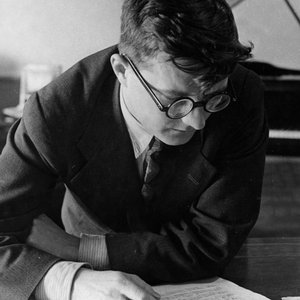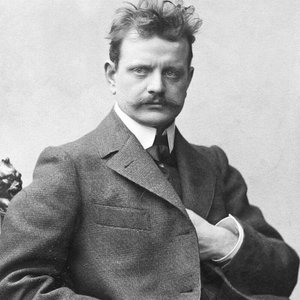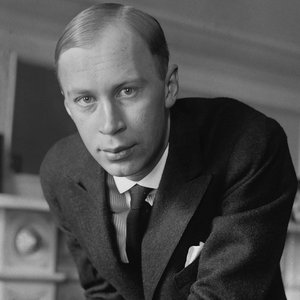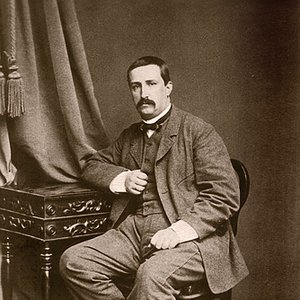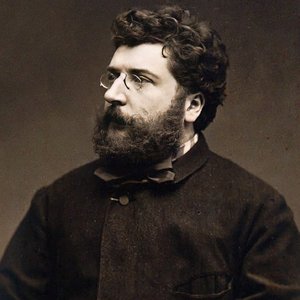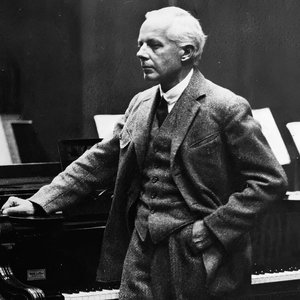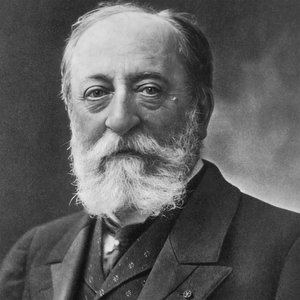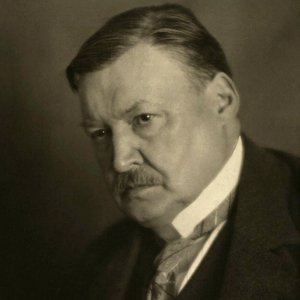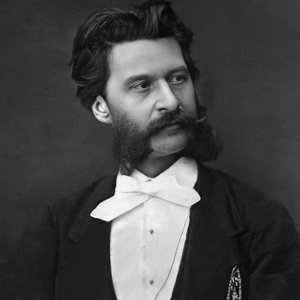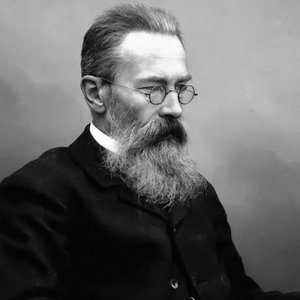Biography
-
Born
6 June 1903
-
Born In
Tbilisi, Georgia
-
Died
1 May 1978 (aged 74)
Aram Ilyich Khachaturian (Armenian: Արամ Խաչատրյան; Russian: Аpaм Ильич Xaчaтypян; June 6 1903 – May 1, 1978) was a prominent Soviet Armenian composer. Khachaturian's works were often influenced by classical Russian music and Armenian folk music. He is most famous for the Adagio of Spartacus and Phrygia from his ballet Spartacus, and for the "Sabre Dance" from his ballet Gayane and the adagio from the same ballet, much used in films since its first use in Stanley Kubrick's 2001: A Space Odyssey.
In his youth, he was fascinated by the music he heard around him, but at first he did not study music or learn to read it.
In 1921, he traveled to Moscow to join his brother, unable to speak a word of Russian. Although he had almost no musical education, Khachaturian showed such great talent that he was admitted to the Gnessin Institute where he studied cello under Mikhail Gnessin and entered a composition class (1925). In 1929, he transferred to the Moscow Conservatory where he studied under Nikolai Myaskovsky. In the 1930s, he married the composer Nina Makarova, a fellow student from Myaskovsky's class. In 1951, he became professor at the Gnessin State Musical and Pedagogical Institute (Moscow) and the Moscow Conservatory. He also held important posts at the Composers Union.
Khachaturian wrote music influenced by the folk music of his native Armenia and also composed pieces, such as the Third Symphony, as tributes to Communism. He said, "I wanted to write the kind of composition in which the public would feel my unwritten program without an announcement. I wanted this work to express the Soviet people’s joy and pride in their great and mighty country.” He was later denounced by the Communist Party's Central Committee and his colleagues from the Composers Union, led by Andrei Zhdanov, for being too "formalist" and "antipopular." However these three composers later became the so called "titans" of Soviet music, enjoying world-wide reputation as the leading composers of the 20th century.
Artist descriptions on Last.fm are editable by everyone. Feel free to contribute!
All user-contributed text on this page is available under the Creative Commons Attribution-ShareAlike License; additional terms may apply.

